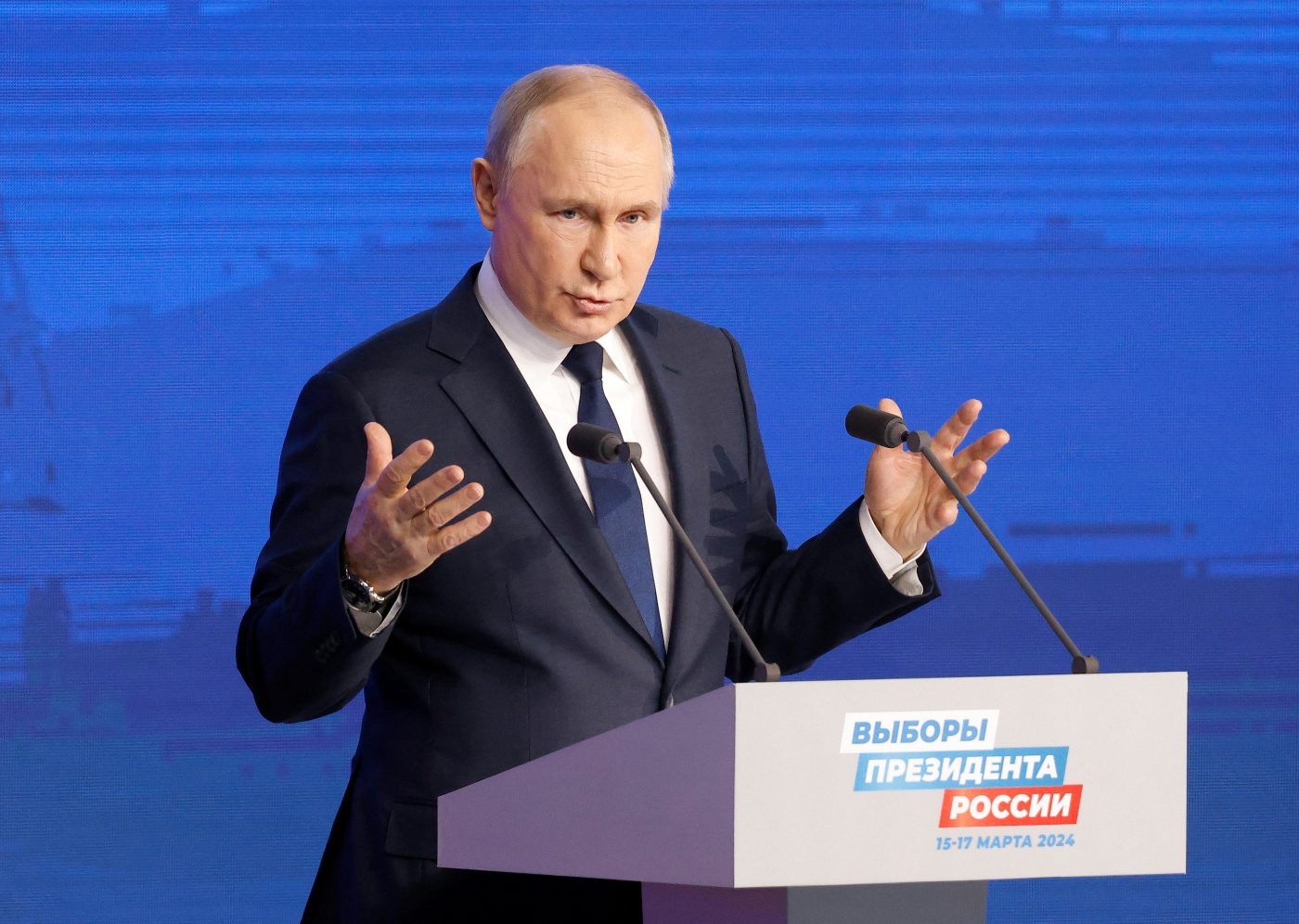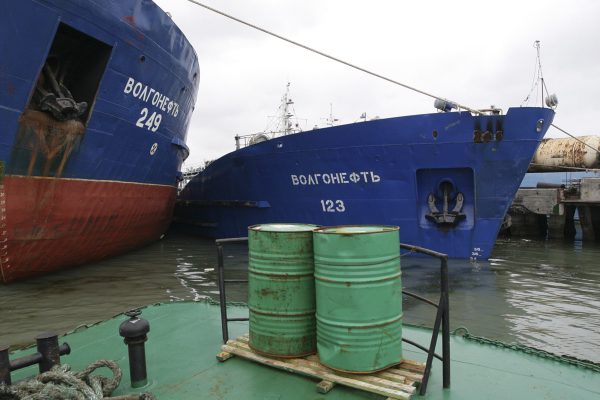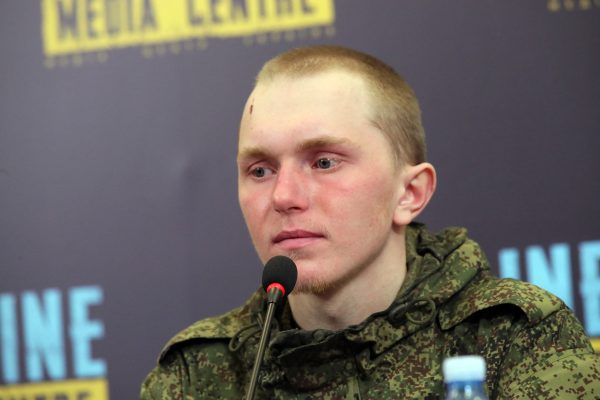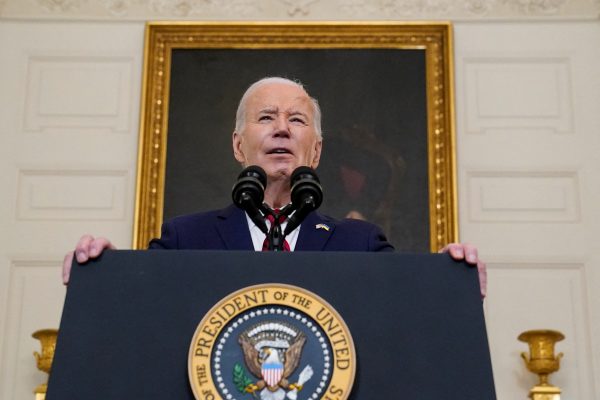The Kremlin no longer bothers to pretend that next month’s (music-free) national ballet has anything to do with translating the people’s will. The people’s will is decided by the people’s leader.
The “election is not really democracy,” explained presidential spokesman Dmitry Peskov, “it is costly bureaucracy.”
With recent polls putting the incumbent a full 70 points ahead of his closest competitor, the temptation to tune out entirely is strong.
But to do so would miss an opportunity to understand the changing nature of the regime in Moscow and how it will evolve and adapt over the coming years.
Unlike those held by his totalitarian predecessors and allies — in which the top candidate receives 99%, or more, of the votes — elections in Russia serve more as a thermostat on public opinion, giving systemic dissidents a release valve and allowing the regime to correct course.
The ability to carefully script the outcome will reflect the regime’s hold on regional elites despite the stresses of war. Though a crushing victory for Putin is not in doubt, some polls hint at an outcome that might challenge the presumptions of the regime.
In the legislative elections of September 2021, United Russia — the party founded to first elect Putin but from which he is now nominally independent — faced one of its largest electoral setbacks.
With the election occurring a month after the Taliban conquest of Afghanistan, the Communist Party of the Russian Federation (KPRF) declared the West a paper tiger and lambasted the ruling party for its inaction over the imagined genocide in Donbas.
Combined with efforts to coalesce the dissident vote around KPRF, the party gained 15 seats while United Russia lost 19. This is despite considerable ballot rigging and dirty tricks from the authorities.
Putin interpreted the campaign as suggestive of a hunger for anti-Western bellicosity. Later that month, troops participated in major exercises in Belarus. They never left and formed the columns that failed to conquer Kyiv in February 2022.
In the month following the start of the all-out invasion, United Russia’s support jumped from 30% to 40% and the communists dropped from 17% to 10%. In regional elections last fall, the administration reportedly instructed regional allies to ensure the ultranationalist Liberal Democratic Party (LDPR) came in second in regional elections. Those allies delivered, and the KPRF was wiped out.
But that election failed to show much support for the war. According to the head of a prominent Russian think tank, the results were “not so much a victory as a demonstration of the alignment of the administrative system before the presidential elections.” In its victory announcement, United Russia did not mention the war once.
Fears that the invasion could lead to electoral backlash (there have been at least 300,000 Russian casualties over the past two years) spiked last month as thousands of supporters of Boris Nadezhdin, an anti-war candidate, braved hours of frigid cold to provide their signatures for his candidacy.
A poll by an American firm put his support near 8%, ahead of the KPRF or LDPR candidate. The Central Election Committee promptly banned Nadezhdin from running.
But voters with concerns over the war will still have an outlet in Vladislav Davankov, the nominee of the liberal New People and Growth parties and a deputy chairman in the Duma.
Davankov is notable for his abstention from the vote to recognize the independence of Donetsk and Luhansk, though as a member of the systemic opposition, his campaign has focused exclusively on economic issues. Despite a poor showing in Moscow’s mayoral election, where he finished fourth out of fifth, the Kremlin reportedly feared his candidacy and attempted to recruit an older and less charismatic stand-in.
A poll from the state-run VTsIOM placed Davankov second — though within the margin of error of the LDPR and KPRF candidates — at 5%.
We should take Peskov at his word that the upcoming election is more a stress test of the bureaucracy’s functioning than a true competition. But should Nadezhdin’s followers come out and push Davankov above 10%, the Kremlin may very well find itself having to recalibrate its propaganda about the war, at the very least.
Ben Dubow is a Non-resident Fellow at CEPA and the founder of Omelas, which tracks authoritarian influence online.
Europe’s Edge is CEPA’s online journal covering critical topics on the foreign policy docket across Europe and North America. All opinions are those of the author and do not necessarily represent the position or views of the institutions they represent or the Center for European Policy Analysis.





